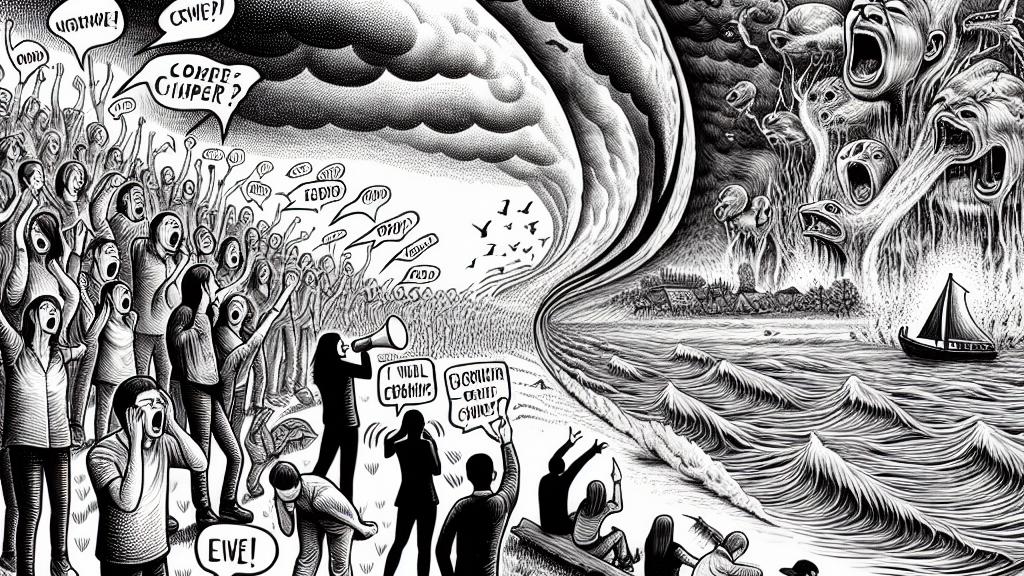Understanding Climate Anger: How Your Feelings Can Spark Action
Overview
- Almost half of Australians are feeling intense anger over climate change.
- This emotional response can galvanize action or spiral into despair.
- Understanding the type of anger can significantly influence environmental choices.

The Emotional Landscape of Climate Change
In Australia, a remarkable study has illuminated a deeply felt emotional response to climate change, revealing that around 49% of people report significant anger regarding this pressing issue. This isn’t merely a passing feeling; it’s an intense reaction often ignited by watching the world face serious environmental challenges. For example, many people express frustration at the perceived inaction of their leaders or the indifference shown by friends and family who seem blind to the urgency of the climate crisis. Just imagine standing in a room full of friends who shrug off the need for change while the planet faces dire consequences—that’s exactly how many feel. Such emotions can catalyze a collective movement, driving individuals to voice their concerns loudly and persistently, seeking to instigate change in both their communities and beyond.
Types of Climate Anger and Their Effects
The research didn’t stop at measuring how many were angry; it delved into the different types of climate anger, identifying 13 distinct categories of frustration and outrage. The most common type, which corresponds to around 60% of respondents, revolves around anger directed at inaction, whether by governments or everyday citizens. For instance, one young adult might feel enraged seeing government officials failing to enact meaningful policies, while another might become furious at friends who dismiss climate change as a hoax. This illustrates the diverse triggers for such feelings. Furthermore, the study found that while some individuals use their anger to fuel proactive behaviors—like participating in community clean-ups or advocating for policy changes—others can find themselves overwhelmed. Those who feel powerless may experience increased anxiety and depression, demonstrating a crucial link between our emotional responses and mental health.
Taking Action or Falling Into Despair
Ultimately, how we deal with our climate-induced anger makes all the difference. For many, these feelings can serve as a powerful motivator, transforming frustration into fruitful action. Picture a group of students rallying together, turning their anger into passion as they organize protests, create awareness campaigns, or commit to sustainable living practices like adopting a plant-based diet or minimizing waste. On the other hand, there are those who spiral into despair, feeling like their efforts are insignificant in the grand scheme of things. This stark contrast underscores the necessity of addressing our feelings constructively, promoting an understanding of how to channel anger positively. By acknowledging and directing our emotions toward impactful actions, we hold the potential to inspire change—not just for ourselves but for future generations, emphasizing that every small effort counts in the fight against climate change.

Loading...